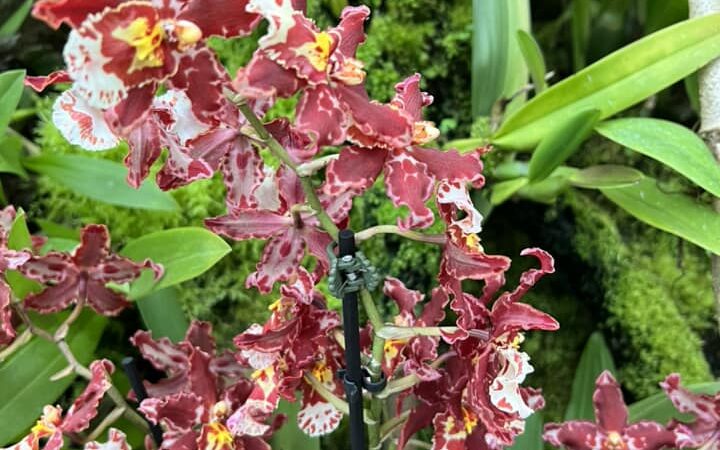Articles on Shifting Sands
Shouldn’t Gambian Women be Free to Choose?
As The Gambia considers whether female circumcision (FGM) which was decriminalised in March 2024 should be banned again, Fuambai Sia Ahmadu, a Medical Anthropologists representing All Women Are Free to Choose participates in a fascinating, live interview with Lamin Cham, host of The Brunch in The Gambia.
The interview followed a Press Conference on July 5th which;
- called for an end to external pressure on The Gambia to uphold a Female Circumcision ban;
- to redirect the attention of National Assembly Members to the evidence base (or lack thereof) of claims made by anti-FGM activists about the supposed life – threatening harms of Female Circumcision as practiced in The Gambia and purported sexual oppression or subjugation of women through this practice; and,
- to clarify once and for all the issue of representation – who has the legal, moral and actual right to represent the multitude of views and voices of the women of The Gambia on Female Circumcision, a practice affecting our bodies and our lives, as well as our personal and parental autonomy.
The interview discussion is wide-ranging covering aspects including Dr Ahmadu’s use of the term female circumcision in preference to ‘mutilation’, propaganda in regard to the practice, rationales for it, meanings ascribed to it, the role of the WHO, types practiced in The Gambia and worldwide, its medicalisation, the role of activists, funding etc.
It’s unusual to hear such a civil, well articulated discussion in regard to what has become a very emotive issue so it is worth devoting an hour to.
Parliament is scheduled to revisit the issue on ?July 16th.
The interview starts after the adverts at 06.30 minutes in.
About the Author - Bríd Hehir
Bríd is a retired health professional. She started her career as a nurse and midwife in Africa where she worked for almost four years. She encountered FGM/C in Ethiopia. She then moved to London where she worked in the National Health Service as a midwife, community nurse, health visitor, reproductive and sexual health nurse and manager over a period of 30 years. She did not encounter FGM/C during that time despite working with immigrant communities who are reported to practice it still. She is puzzled by the current reported prevalence of the practice, the official response and associated activism. And is worried that they might cause more harm than good.



0 comments